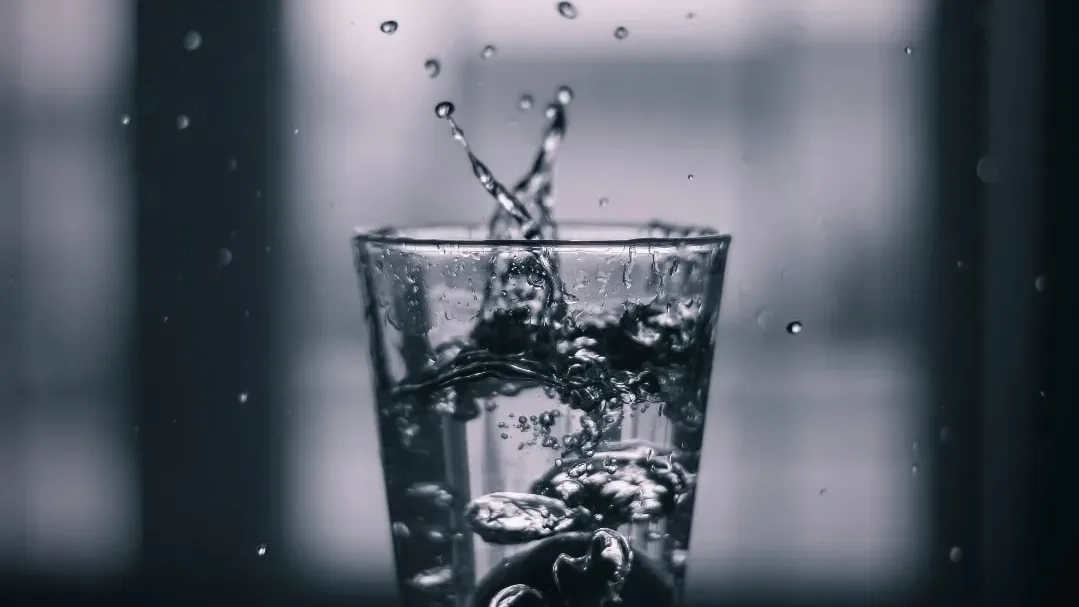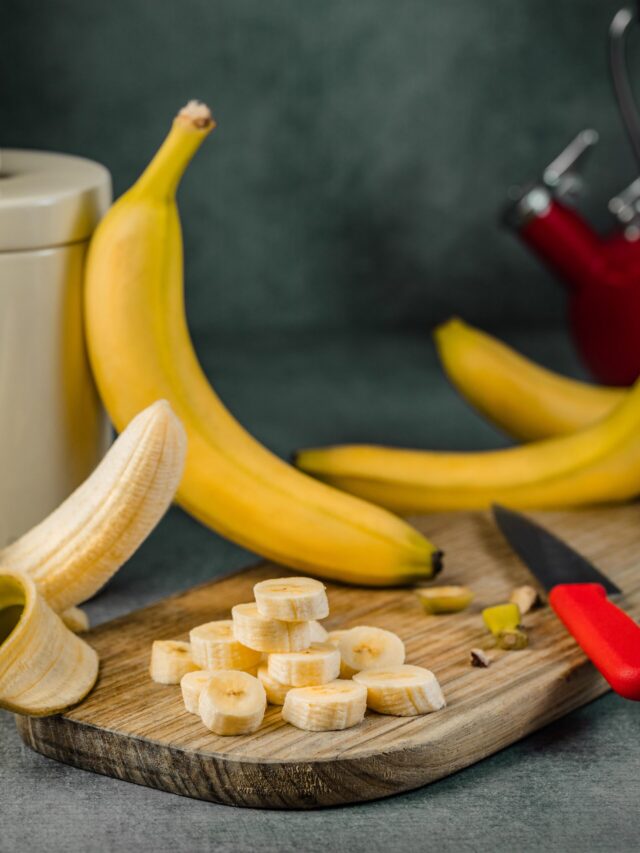The Water Conspiracy: Distilled Water vs. Purified Water
Does you know that, is purified water the same as distilled water? Water is the essence of life, and as we seek the purest form of this vital resource, we often come across terms like “purified water” and “distilled water.” These terms are used interchangeably in everyday conversation, but are they truly identical in composition, or are there nuances that set them apart? In this comprehensive exploration, we’ll delve into the world of water purification to uncover the distinctions between purified and distilled water.
Understanding Purified Water
Purification Process
Purified water, as the name suggests, is water that has undergone a rigorous purification process to eliminate impurities and contaminants. This process employs a variety of techniques, including filtration, deionization, reverse osmosis, or chemical treatments. The primary objective is to remove substances such as minerals, chemicals, and microbes that might be present in the water, ensuring it meets specific purity standards.
- NFL’s Most Thrilling QB Showdown: Jets vs Giants Highlights
- Realme GT 5: The Phone of Tomorrow! What You Need to Know…
Types of Purified Water
Purified water can take on various forms, each with its own unique purification method:
- Deionized Water: Deionized water is a form of purified water where ions are removed through ion-exchange resins. This meticulous process results in exceptionally high purity, making it ideal for specialized applications.
- Reverse Osmosis Water: This type of purified water is produced using reverse osmosis, which entails forcing water through a semi-permeable membrane to separate impurities. Reverse osmosis is highly effective in removing contaminants.
- Distilled Water: Interestingly, distilled water can also be categorized as a form of purified water. However, it employs its own distinct purification process, which we’ll explore in more detail shortly.
Exploring Distilled Water
The Distillation Process
Distilled water is created through the intricate process of distillation. This method involves heating water to generate steam, then cooling the steam to condense it back into a liquid. The critical aspect of distillation is the separation of water from impurities, which are left behind during the process. This results in water of exceptionally high purity.
Purity Par Excellence
One of the hallmarks of distilled water is its unparalleled purity. It is virtually free from minerals, microbes, and chemicals that may be present in regular tap water. This remarkable level of purity makes distilled water a preferred choice for applications where absolute cleanliness is paramount, such as in laboratories, medical equipment, and certain industrial processes.
- ChatGPT: The AI Revolution You Won’t Believe!
- Los Angeles: More Than a City, It’s a Way of Life – Find Out Why!
Key Differences Demystified
Now that we’ve comprehensively explored both purified and distilled water, it’s time to distill the key differences that set them apart:
- Purification Methods: While purified water encompasses a range of methods including filtration and reverse osmosis, distilled water’s uniqueness lies in its distillation process, which is more rigorous.
- Purity Levels: Distilled water is generally considered to be the pinnacle of purity in the world of water. Its distillation process ensures the removal of almost all impurities, making it even purer than most forms of purified water.
- Taste Profile: Some individuals have noted that distilled water can have a flatter or less flavorful taste when compared to purified water. This absence of minerals might affect its taste profile.
- Intended Applications: Distilled water finds favor in applications where absolute purity is a prerequisite, such as scientific experiments, medical devices, and pharmaceutical production. On the other hand, purified water, with its various methods and standards, can meet a broader range of household and industrial needs.
Conclusion
In conclusion, while both purified and distilled water share the common goal of purifying water, they are not carbon copies of each other. Distilled water, with its intricate distillation process, achieves an unrivaled level of purity, making it the top choice for critical applications. Purified water, encompassing various purification methods, is versatile and suitable for many everyday purposes.
By understanding these nuances, you can make informed decisions about the type of water that best suits your specific needs, whether it’s for drinking, cooking, or scientific experimentation.





